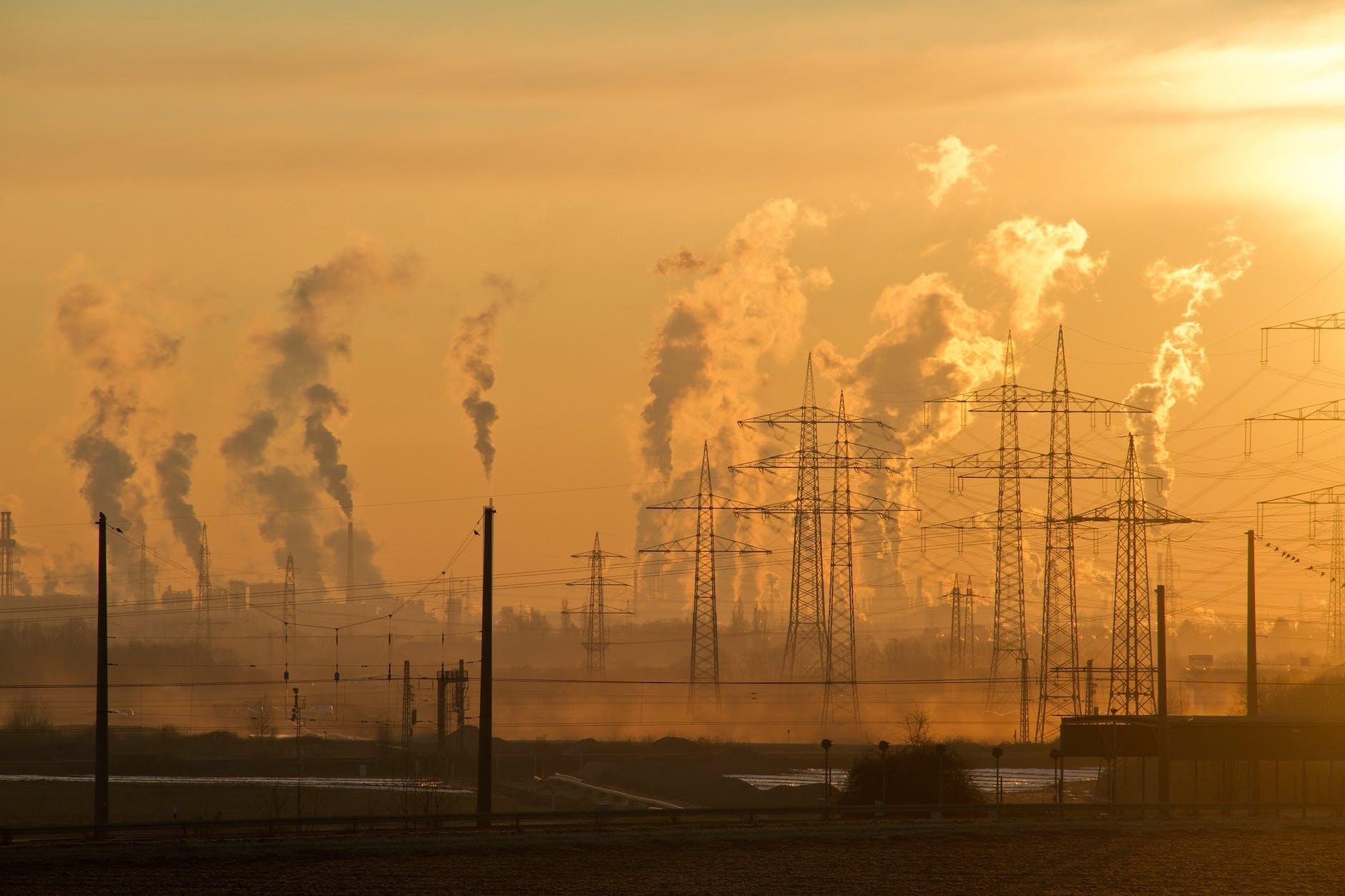
The consequences of climate change are no longer a distant concern. The warming of our planet affects various aspects of our lives, including the very air we breathe. As the Earth’s climate continues to evolve, the quality of the air we depend on for survival is deteriorating, posing a substantial and often underestimated threat to public health.
The Link Between Climate Change and Air Quality
Climate change and air quality are intricately connected. Several factors contribute to the deterioration of air quality, which, in turn, affects human health:
- Increased Wildfires: Rising temperatures and prolonged droughts have led to an upsurge in the frequency and intensity of wildfires. These fires release fine particulate matter (PM2.5) and harmful gases into the atmosphere. Prolonged exposure to these pollutants can result in respiratory issues and exacerbate pre-existing conditions.
- Heatwaves: The warming climate gives rise to more frequent and severe heatwaves. High temperatures can intensify the formation of ground-level ozone, a major component of smog. Breathing in ozone can irritate the respiratory system and worsen conditions like asthma.
- Airborne Allergens: Climate change can affect the distribution and concentration of allergenic pollen, such as that from ragweed and grasses. For individuals with allergies, this can lead to more frequent and severe symptoms, impacting their quality of life.
- Vector-Borne Diseases: Climate change influences the distribution and behavior of disease-carrying vectors like mosquitoes and ticks. This can result in the spread of infectious diseases like West Nile virus and Lyme disease.
- Airborne Toxins: Rising temperatures can cause the release of toxic compounds from various sources, including industrial facilities. These toxins can pose serious health risks, particularly to those living in proximity to these sources.
The Health Implications
The health implications of deteriorating air quality are profound. Prolonged exposure to polluted air can lead to a range of health issues, including:
- Respiratory Problems: Poor air quality can exacerbate conditions like asthma, chronic obstructive pulmonary disease (COPD), and bronchitis. It can also increase the risk of respiratory infections.
- Cardiovascular Issues: Polluted air has been linked to an increased risk of heart attacks, strokes, and hypertension.
- Allergies: Higher levels of allergenic pollen can lead to more severe allergic reactions and worsen symptoms for those with allergies.
- Heat-Related Illnesses: Heatwaves and high temperatures can result in heat-related illnesses such as heat exhaustion and heatstroke, which can be life-threatening.
- Vector-Borne Diseases: Changes in the distribution of disease-carrying vectors can lead to an increased risk of vector-borne diseases.
Protecting Your Health
While the consequences of climate change on air quality are concerning, there are steps individuals and communities can take to mitigate these effects and protect public health:
- Reduce Emissions: Support policies and practices that reduce greenhouse gas emissions, which contribute to climate change.
- Promote Renewable Energy: Transition to cleaner energy sources like wind and solar power to reduce air pollution.
- Advocate for Green Spaces: Urban planning that incorporates green spaces and urban forests can help improve local air quality.
- Stay Informed: Pay attention to air quality alerts and take precautions during days of poor air quality, such as limiting outdoor activities.
- Support Public Health Initiatives: Advocate for public health policies and initiatives that address the health impacts of climate change.
As the world grapples with the challenges of climate change, it’s essential to recognize the connection between climate and air quality and its far-reaching impact on human health. By taking collective action to reduce greenhouse gas emissions and improve air quality, we can safeguard our well-being and that of future generations. Climate change is a complex issue, but protecting our health is a compelling reason to take action today.



